The experts share the best ways to clean skirting boards – 11 quick and easy methods to try out now
And you probably already have everything that you need in your kitchen cupboards

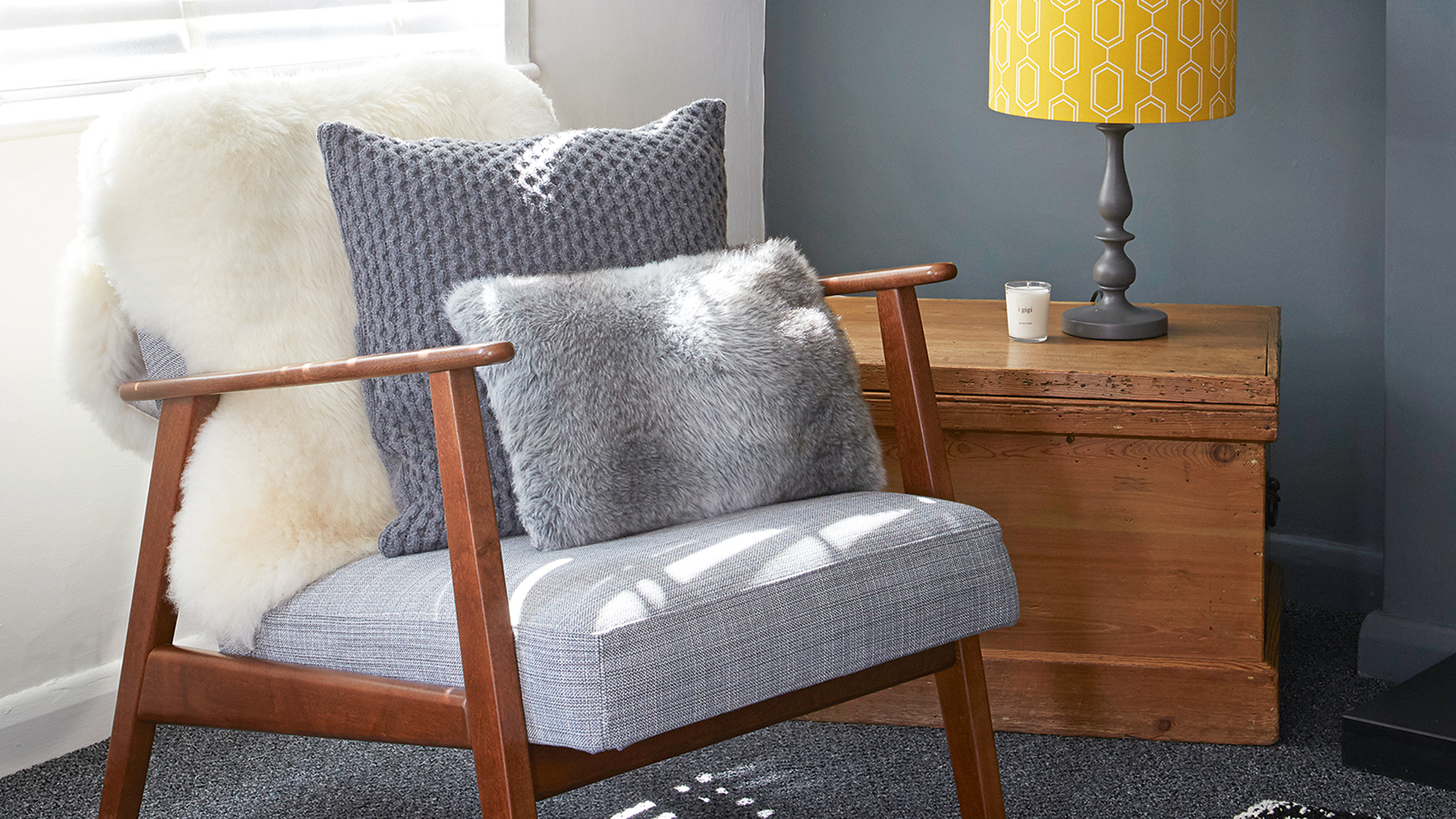
EDITOR’S NOTE: An earlier version of this article included a quote from a purported expert whose credentials we have not been able to verify. The quote has been removed. We regret this lapse in our verification process and have updated our internal protocols to reduce the risk of recurrence.
Cleaning our skirting boards can be one of those jobs that we easily overlook. ‘Because they are not an item we use often or a space we look at regularly, they tend to get forgotten about. However, if they you don't get cleaning for some time, they can gather quite a bit of dirt and dust, which isn’t the look you’re likely wanting to achieve in your home,’ notes Olivia Young, Cleaning Expert and Product Development Scientist at Astonish.
‘After all, if you’re spending time cleaning other areas throughout your home – you don’t want dusty skirting boards to ruin your hard work!’
If you have been wondering how to clean skirting boards, we asked the experts for their top tips and hacks to quickly and easily have your skirting boards looking their best in a matter of minutes.
So, if you haven’t given your skirting boards a clean in some time, here are some of the experts’ favourite ways to get them gleaming.
How to clean skirting boards
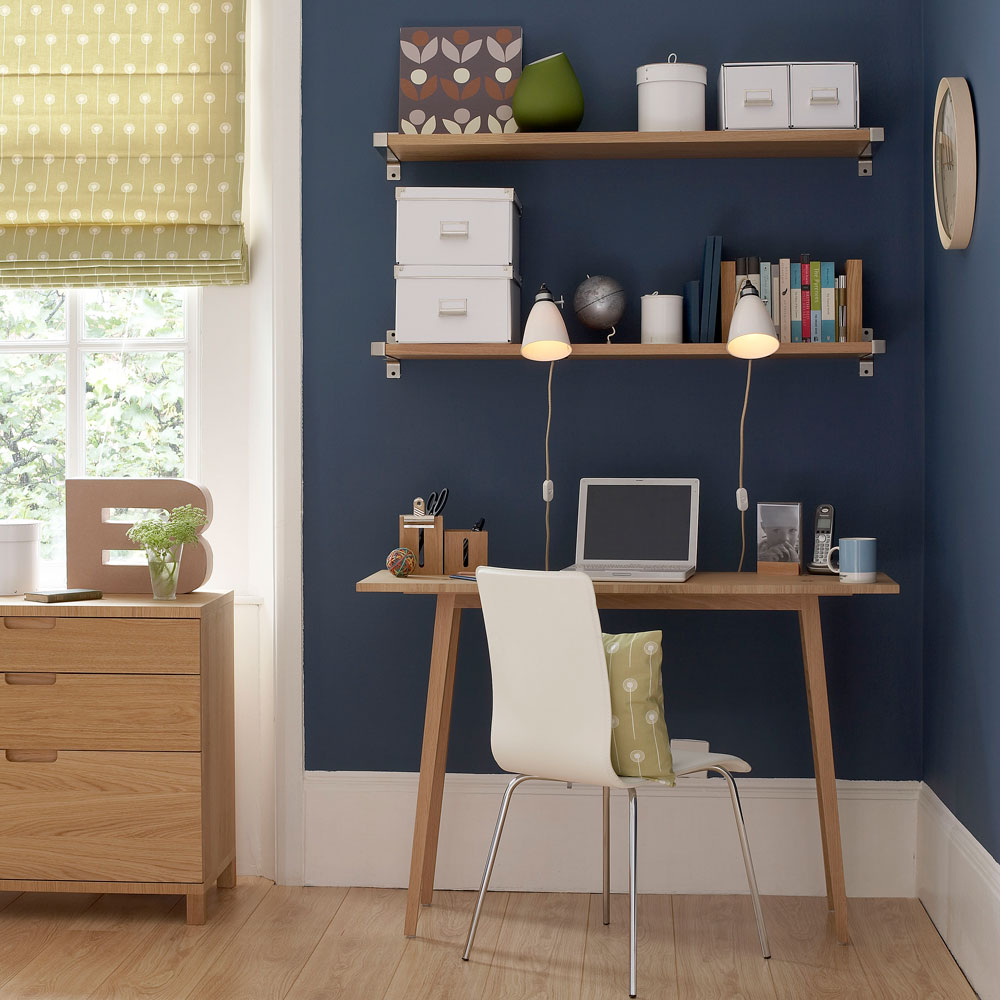
Before you start cleaning, you’ll first want to determine which cleaning method is best for the type of skirting boards that you have in your home.
For example, if you have metal or PVC skirting boards these will be able to ‘withstand a little more moisture,’ notes Fantastic Services’ house cleaning expert and supervisor Petya Holevich. While you want to avoid using too much water or liquids on wooden or painted skirting boards.
‘Before you clean any of these skirting board materials, always test any cleaning solution or method on a small, inconspicuous area to ensure it doesn't cause damage or discolouration,’ advises Petya.
Sign up to our newsletter for style inspiration, real homes, project and garden advice and shopping know-how
1. Dust and vacuum skirting boards
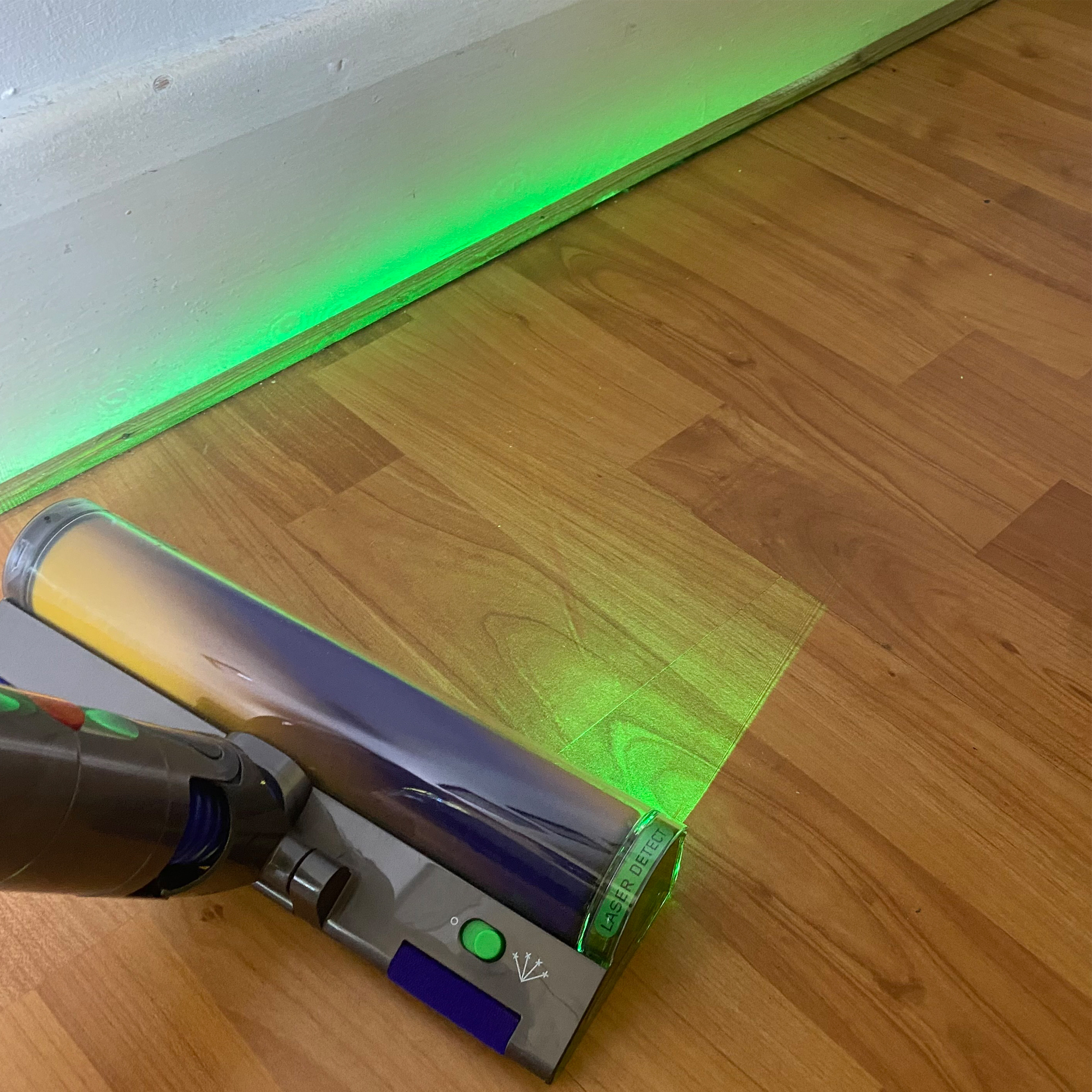
It's a classic! Vacuum first to remove large build-ups - use a long attachment so you don't have to keep bending down - then dust to remove dirt from more awkward spots. It’s advised that you do this every few weeks to prevent a large build-up of dust and cut down on cleaning times.
2. Wash with soap and warm water
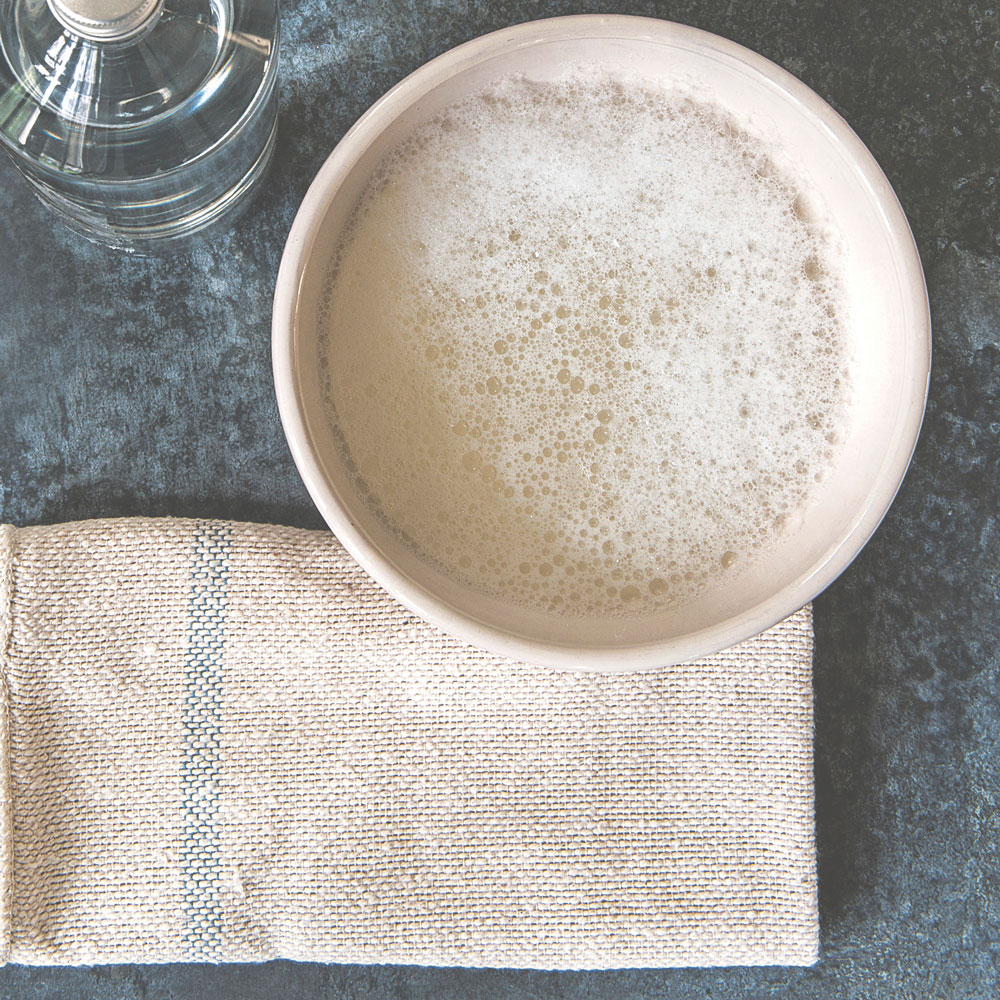
Scrub off any dirt from your skirting boards with a damp sponge. Damp is the operative word here as you want to make sure to wring out your cleaning cloth or sponge, ensuring it’s slightly damp rather than soaking wet, to avoid damaging your skirting boards.
3. Use sugar soap
Sugar soap is ideal for cutting through dirt, grease and grime that can build up on your skirting boards. Dilute your sugar soap in water as per the instructions on the bottle, and dip a clean sponge or cloth into the mixture. Wring it out before wiping over the skirting boards. You might need to apply a bit of pressure on any stubborn stains.
Have another clean, dry cloth handy to wipe away any liquid remnants when you are done.
You want to ensure that they are completely dry after using this method, or any which involve applying liquids to them.
4. Try a vinegar solution
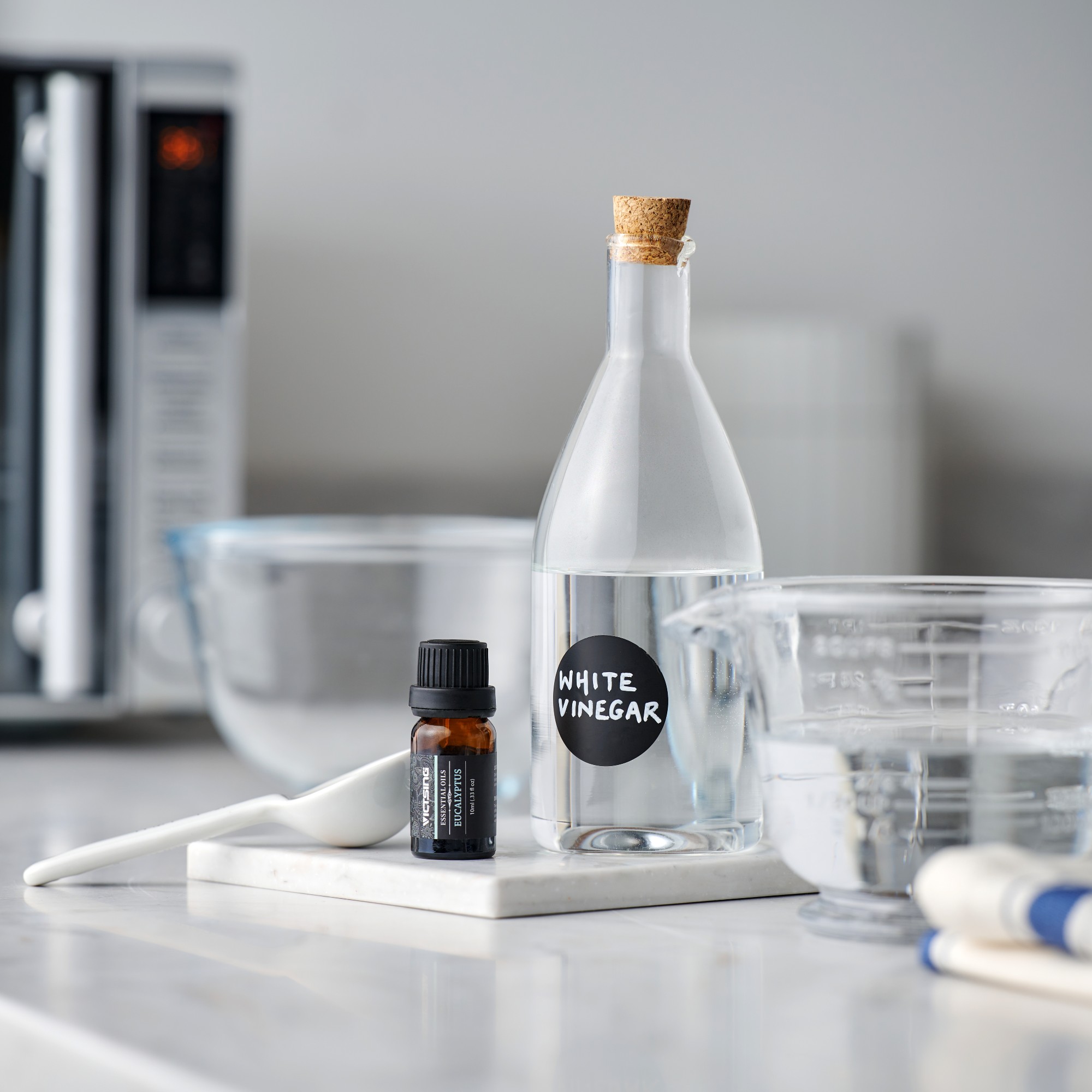
‘Vinegar can be a safe but particularly effective household product for removing oil-based marks,’ says Anna Elkington, Home Expert from Melody Maison. ‘Combine one part warm water with one part white vinegar and use a sponge to lightly scrub any stains’.
‘This method not only cleans but also acts as a natural disinfectant,’ says Unclutterer’s Chief Editor Ava Wilson.
5. Create a baking soda paste
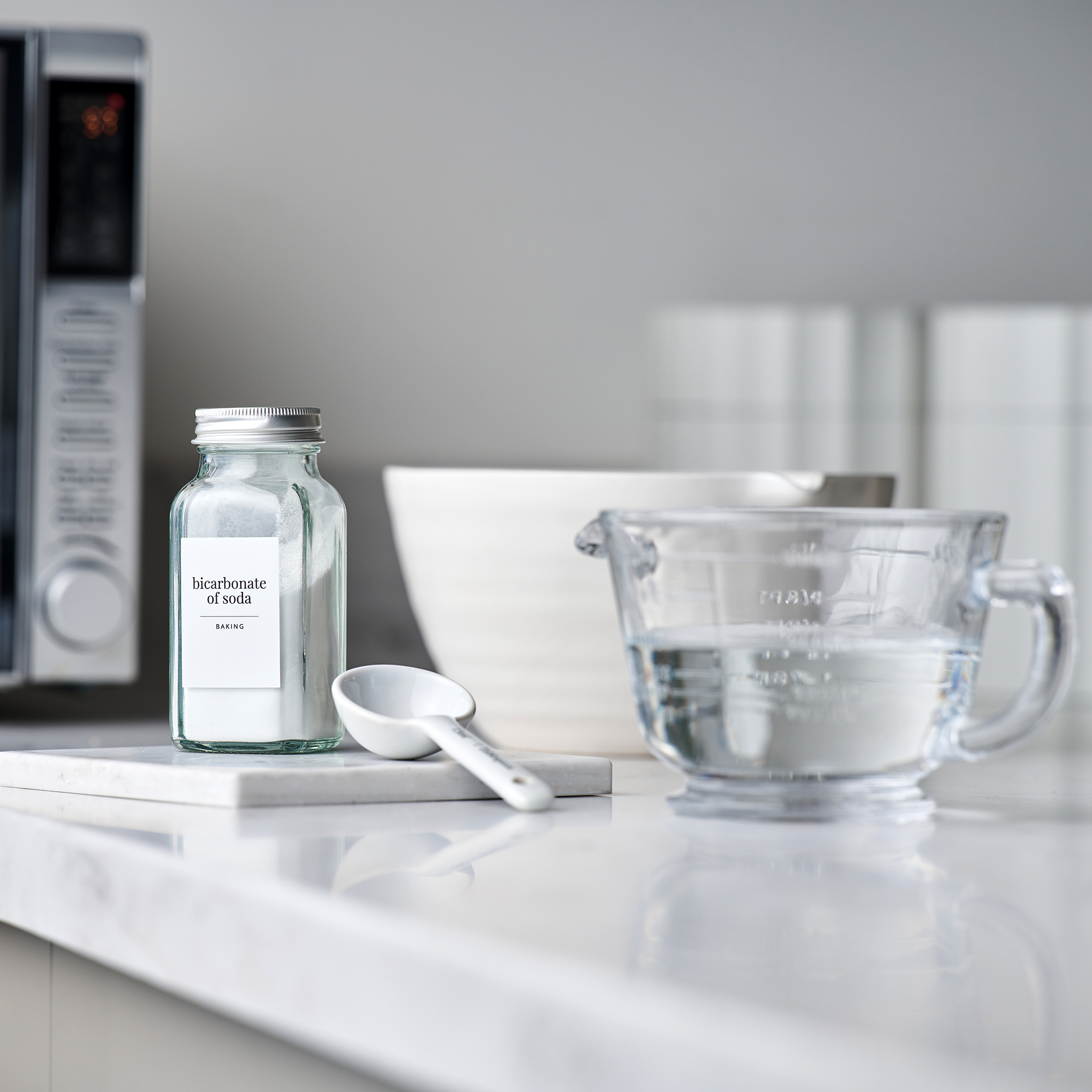
‘Baking soda is another natural cleaning agent that can effectively clean skirting boards,’ reveals Brenna Ryan, Senior Marketing Executive at Victorian Plumbing.
‘Make a paste by mixing one part baking soda with two parts water. Apply this paste to your skirting boards, allowing it to sit for about 30 minutes. Afterwards, scrub the skirting boards clean with a damp cloth.’
6. Use damp rubber gloves
‘You may have heard the handy hack of using damp rubber gloves to remove pet hair from furniture, but did you know the same trick works on dust on the tops of your skirting boards?’ asks Laura Marsden, cleaning expert at Marigold.
Simply fill a bowl or bucket with warm soapy water and pop on a pair of rubber gloves. Then ‘dip your gloved fingers into the water, shake off any excess and run your finger along the top of the skirting board,’ Laura instructs. ‘The damp gloves attract the dust, so it sticks to them- then simply rinse the gloves in the warm soapy water. And repeat.’
7. Wipe with tumble dryer sheets
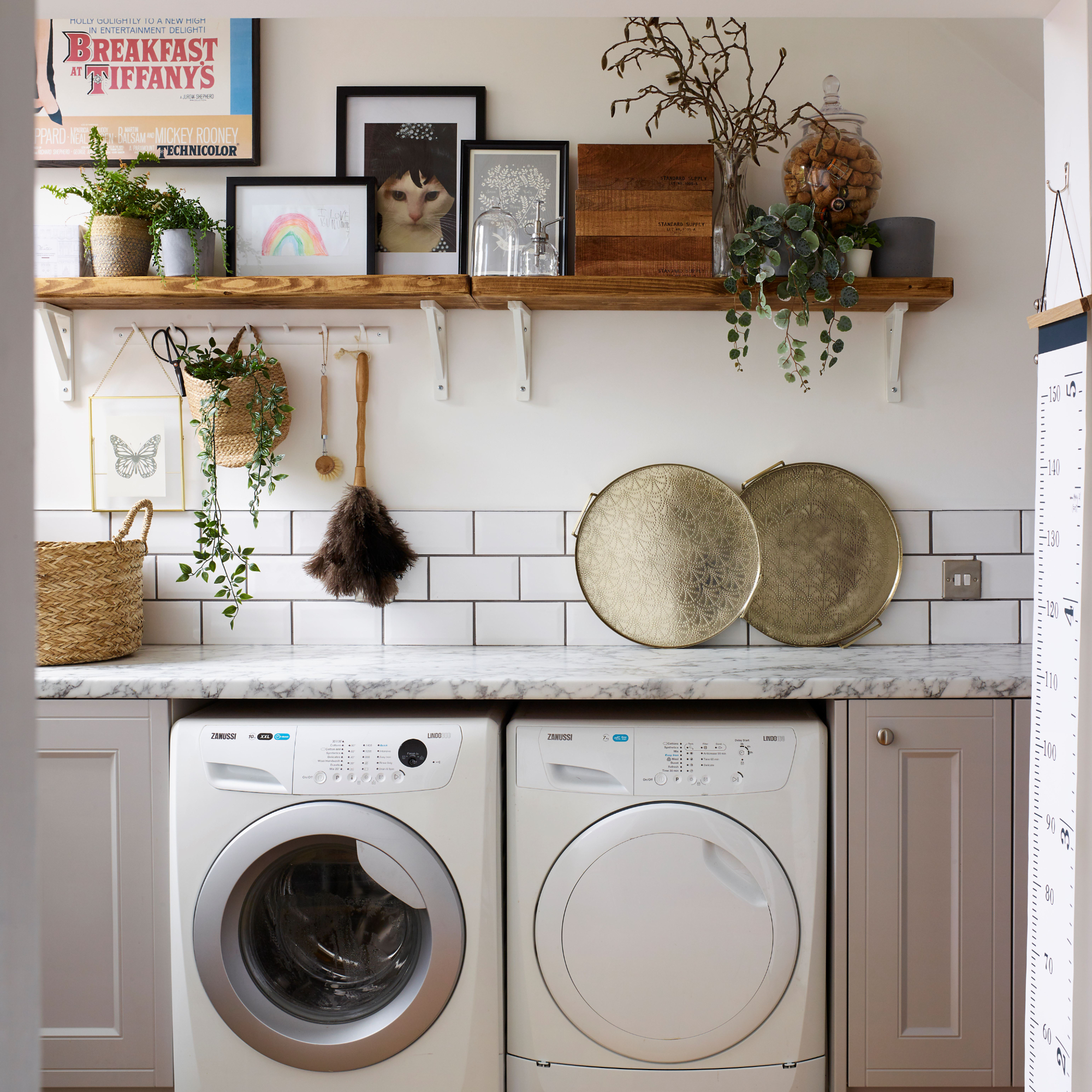
This cleaning method isn’t so conventional as soap and water, but it’ll leave your skirting board with an amazing, shiny finish. Rubbing down clean skirting boards with a tumble dryer sheet will prevent dust and debris from sticking thanks to the static it creates.
It’s recommended you do this every couple of months to help reduce the build-up of dust.
8. Grab a Magic Eraser
Magic Erasers can be used all around your house and to remove grime and scuff marks and will leave your boards looking shiny.
9. Pick up a paintbrush
A paintbrush is not just for painting, it turns out. A small, thin, dry paintbrush can get rid of dust in any intricate spots as well as the top of the skirting boards. It gets deep into any folds or grooves to ensure your skirting boards are entirely dust-free.
10. Get into every nook and crevice with cotton buds
Cotton buds are perfect for getting into those deep corners, folds, and tight spots.
11. Finish with baby oil
Another item that you may already have in your home that can be used in your cleaning routine is one you may not have thought of using in that manner. ‘After cleaning, apply a small amount of baby oil to a soft cloth and buff the skirting boards,’ Ava advises.
‘This will give them a nice shine and also act as a dust repellent.’
FAQs
How often should we be cleaning our skirting boards?
‘We usually recommend giving them a dust every other week to keep on top of any build-up, and doing a deeper clean once a month to remove any scuffs or grease marks,’ Sue Caldwell, Clean Living International’s Ambassador, declares.
Anna agrees with this. ‘It is recommended to dust or hoover your skirting boards at least once every two weeks,’ she announces. ‘This is a quick task that will help prevent a build up of dirt in the long run. If you start noticing stains on your skirting boards it is important to try to remove these as quickly as possible as the longer they are left the harder they may be to remove.’
Tamara was Ideal Home's Digital Editor before joining the Woman & Home team in 2022. She has spent the last 15 years working with the style teams at Country Homes & Interiors and Ideal Home, both now at Future PLC. It’s with these award wining interiors teams that she's honed her skills and passion for shopping, styling and writing. Tamara is always ahead of the curve when it comes to interiors trends – and is great at seeking out designer dupes on the high street.